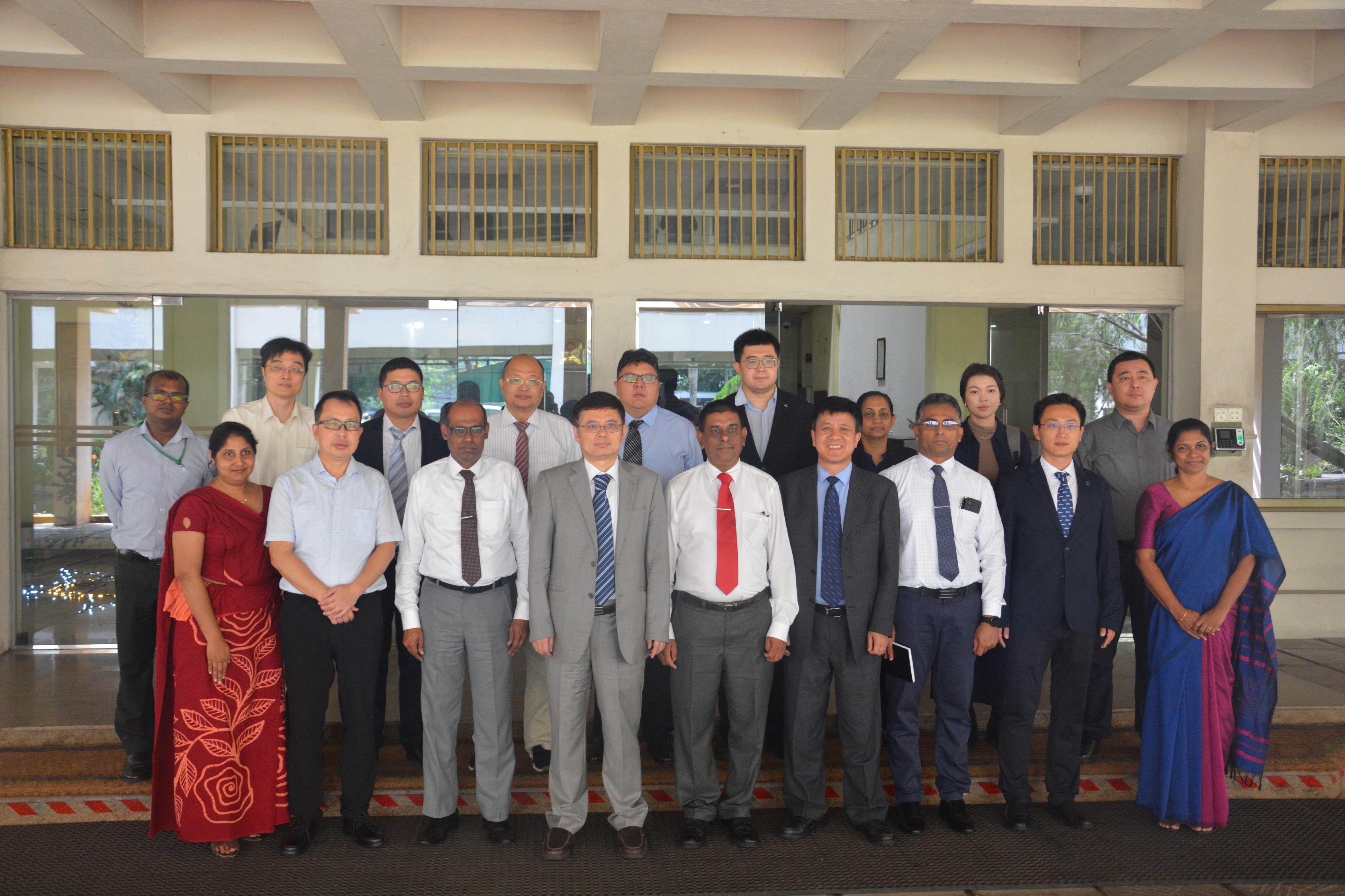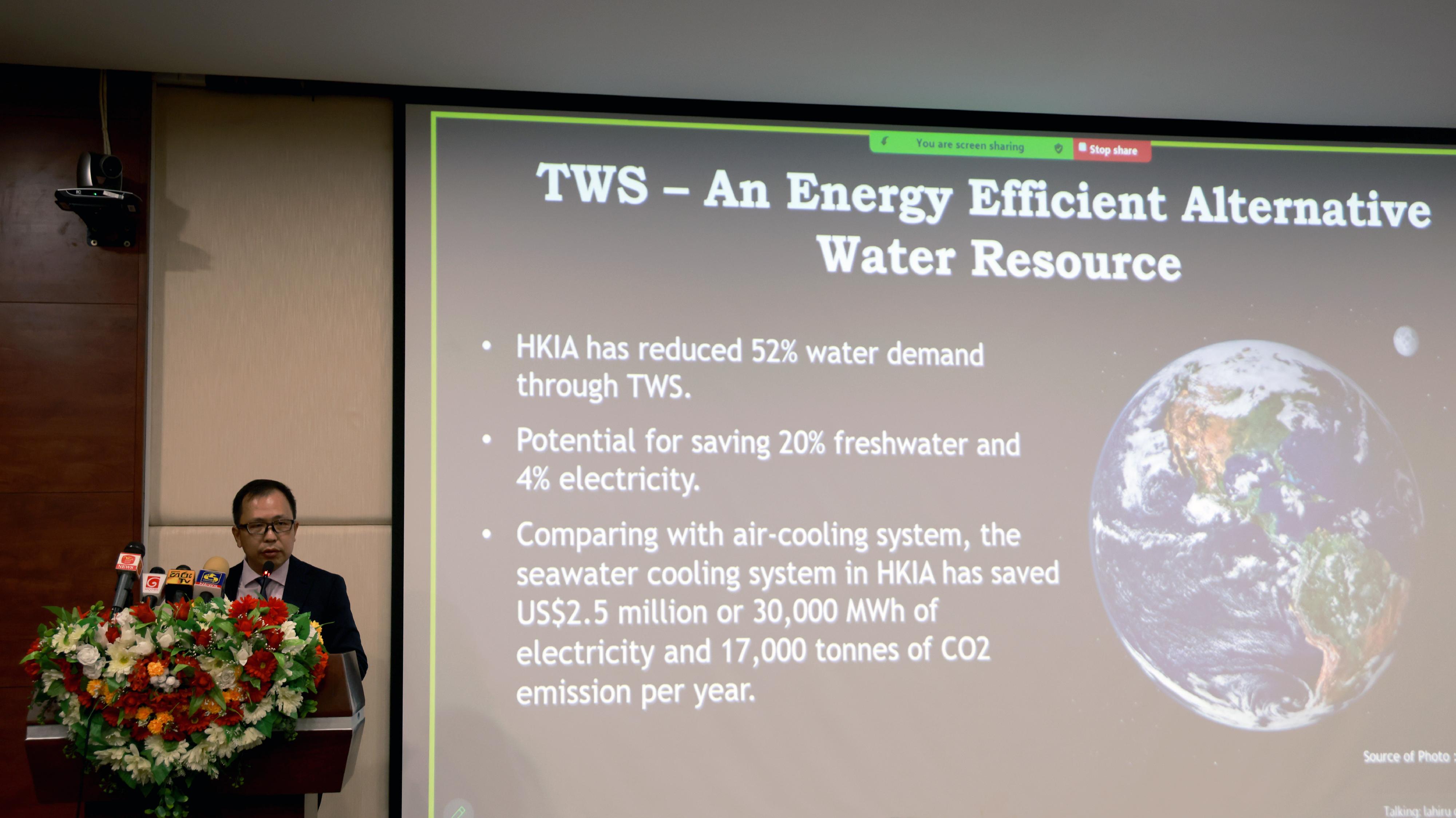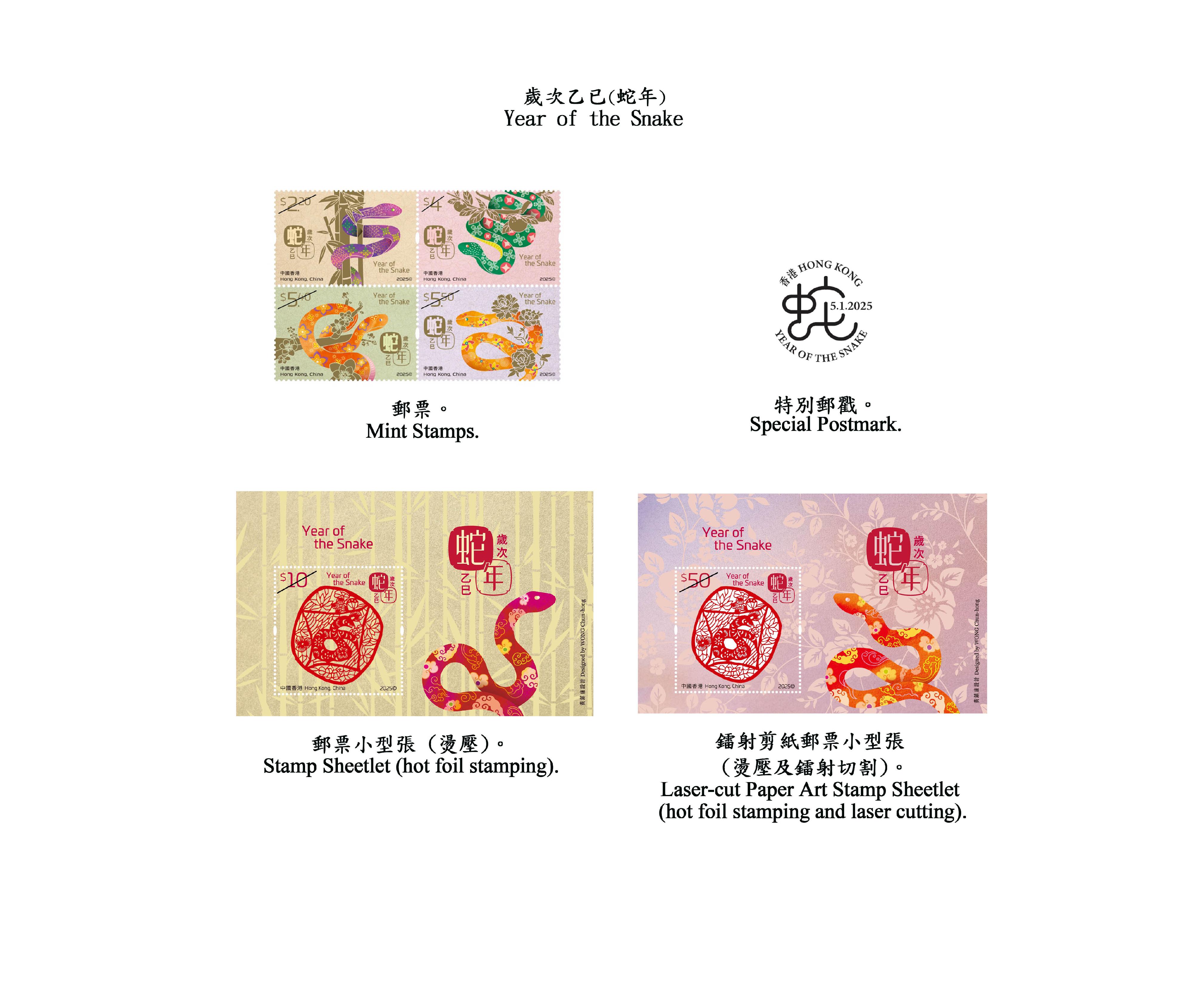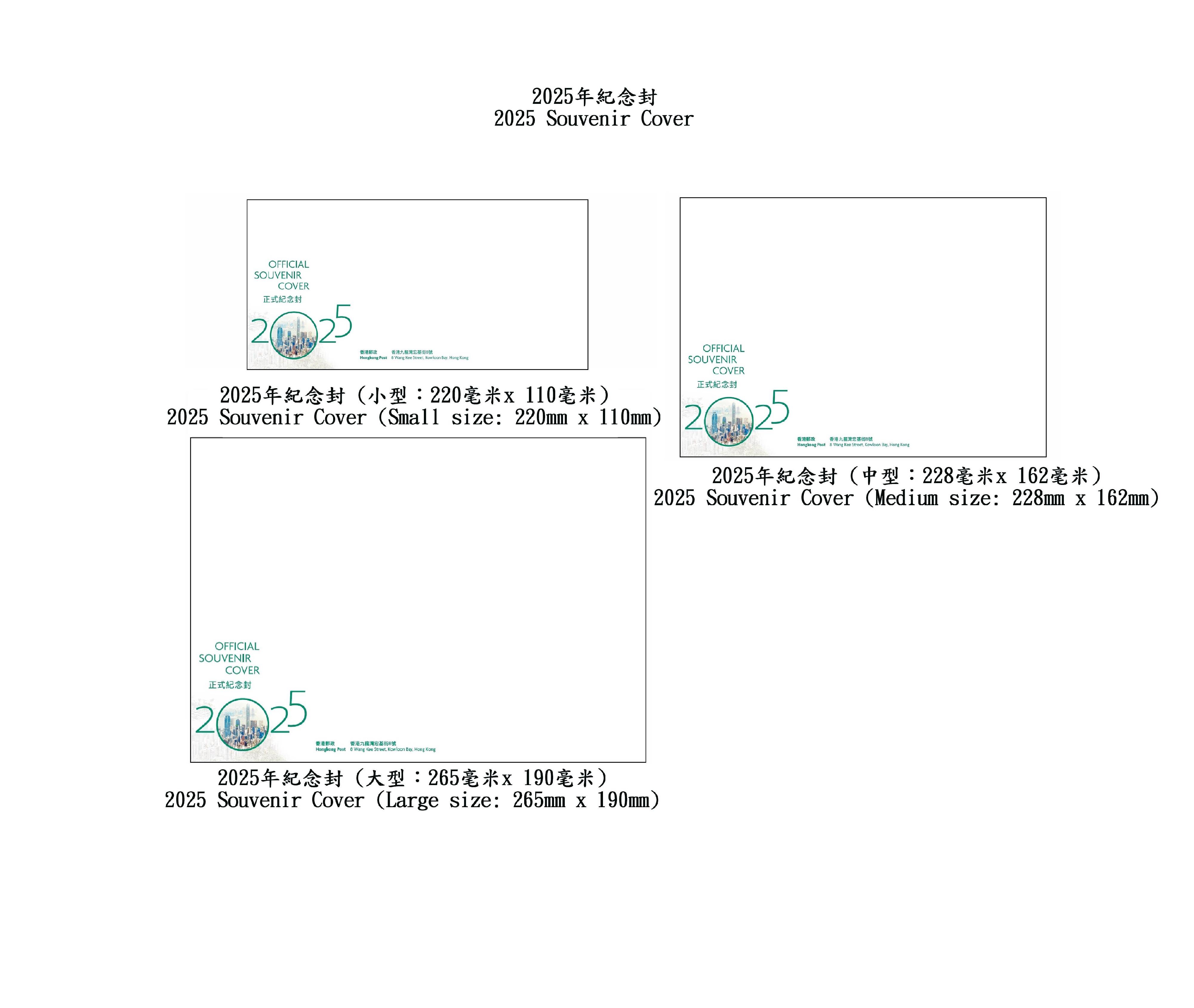EPD participates in Belt and Road International Symposium on Climate-Resilient Water Supply in Sri Lanka (with photos)
An Environmental Protection Department (EPD) delegation attended the International Symposium on Climate-Resilient Water Supply organised under the Belt and Road (B&R) Initiative in Sri Lanka today (December 17), to share Hong Kong's water environment management technology and experience with Indian Ocean countries, including Sri Lanka (Symposium organising country), Comoros, Madagascar, the Maldives and Seychelles.
The Symposium is organised by the China-Sri Lanka Joint Research and Demonstration Centre for Water Technology, and is being held in Kandy, Sri Lanka, on December 16 and 17. Its objective is to promote exchanges and co-operation between China and Sri Lanka, as well as other B&R countries around the Indian Ocean, on water environment science and technology, with a view to strengthening the training of professionals, assisting in solving key water environment and public health issues, and driving sustainable water resources management.
Attendants of the Symposium are from the Sri Lankan Government, a number of national research organisations and tertiary institutes, including the Ministry of Environment of Sri Lanka, the Ministry of Irrigation and Water Resources of Sri Lanka, the Ministry of Health of Sri Lanka, the Research Center for Eco-Environmental Sciences of the Chinese Academy of Sciences (CAS), the Aerospace Information Research Institute of the CAS, as well as representatives from research organisations and tertiary institutes from China, Sri Lanka, Comoros, Cote d'Ivoire, Madagascar, the Maldives, Seychelles and more.
At the Symposium, the EPD delegation conducted in-depth exchanges and experience sharing with the participating parties to jointly promote high-quality green development under the B&R Initiative, and delivered two thematic presentations to introduce Hong Kong's water quality management strategies and smart technology applications from a practical management and technological development perspective, including various technologies for source pollution control, sewage collection and treatment, real-time online water quality monitoring and three-dimensional water quality simulation. The delegation also visited the University of Peradeniya in Sri Lanka to learn about its latest green technology developments and had technical exchanges with local scientific researchers.















